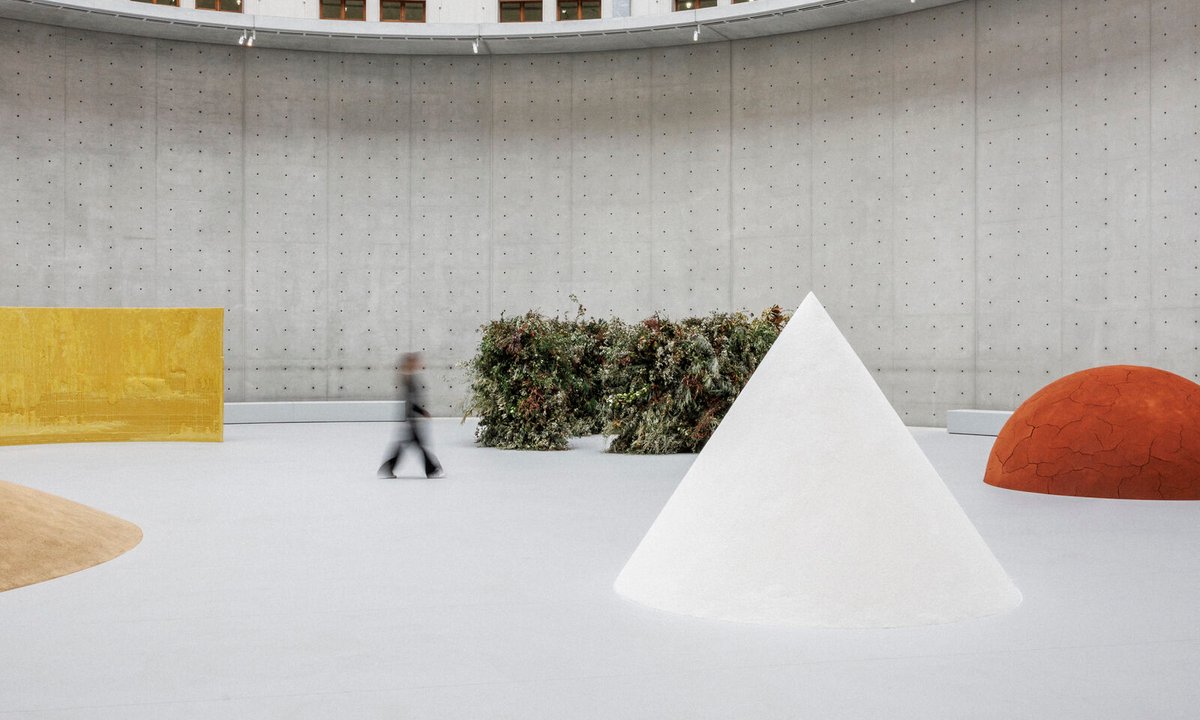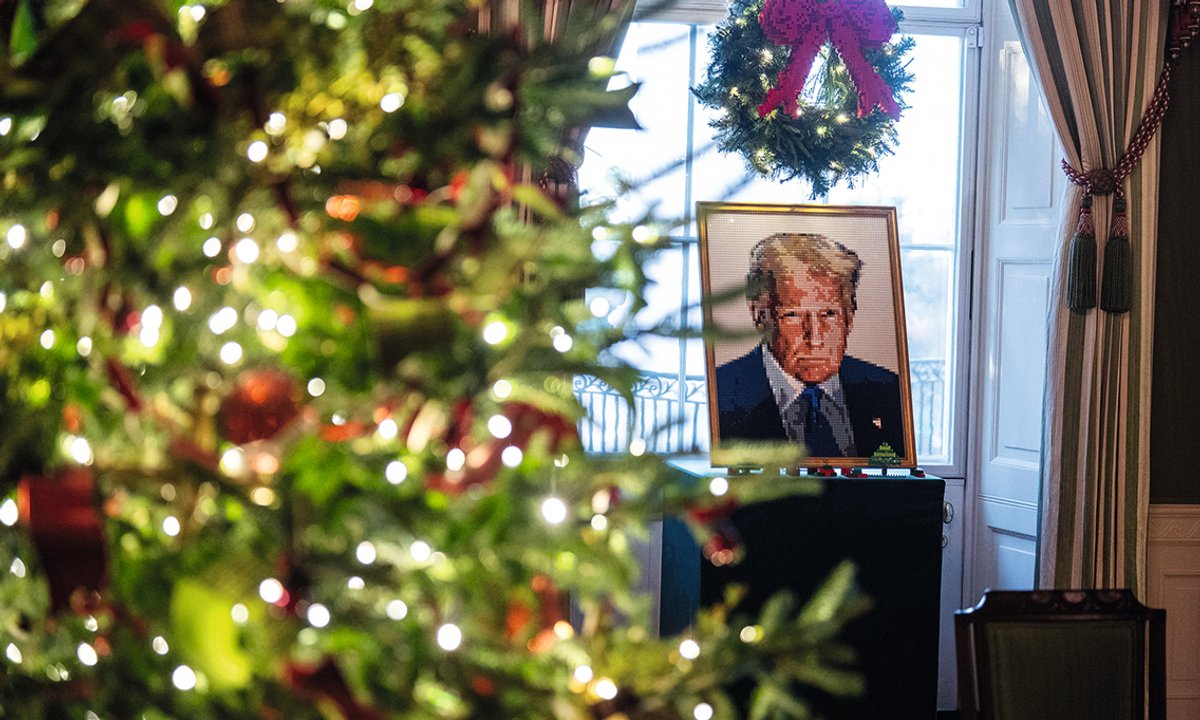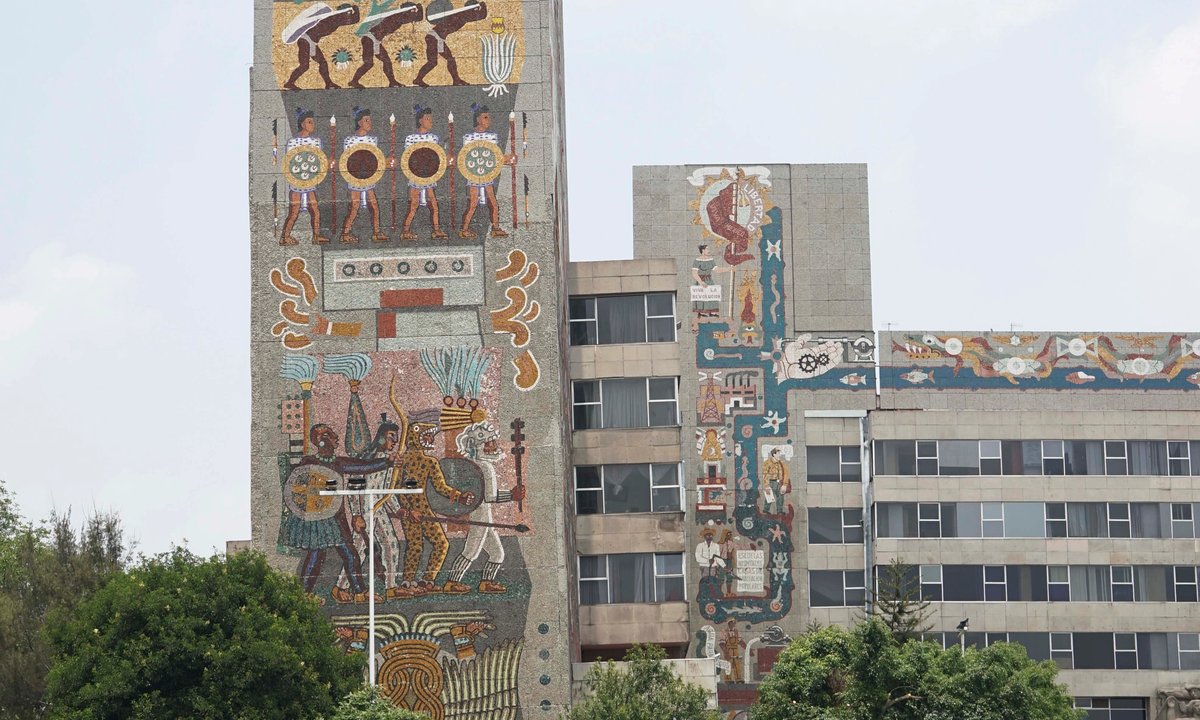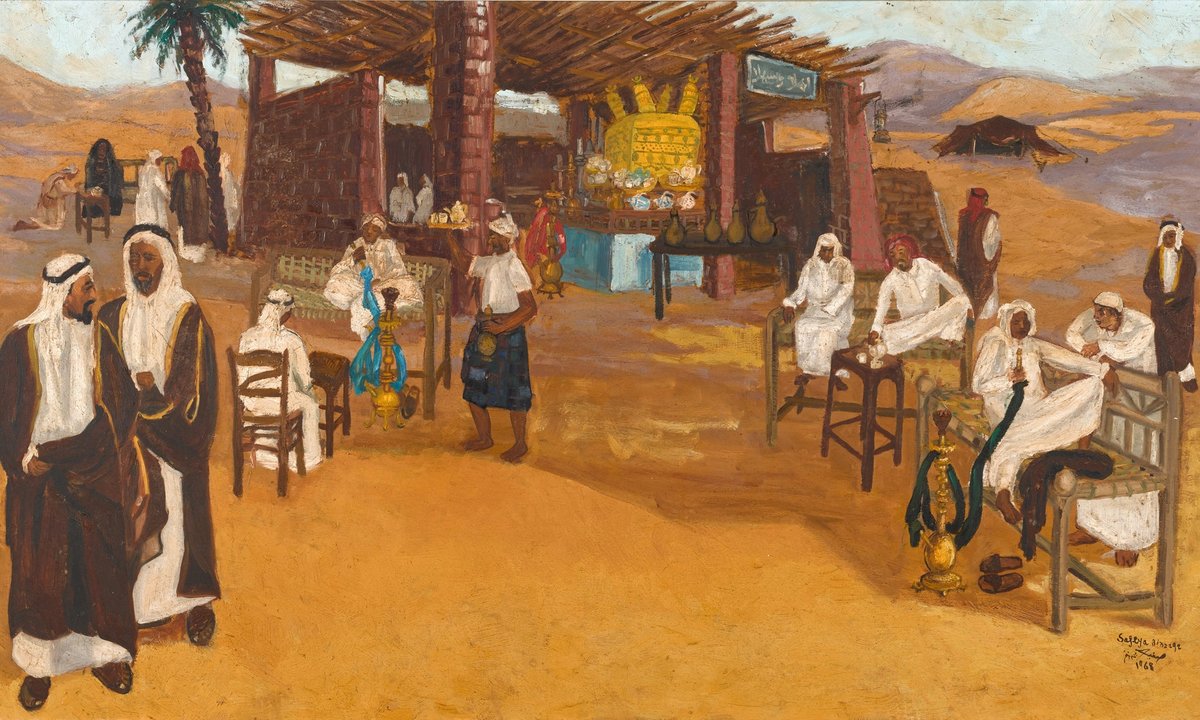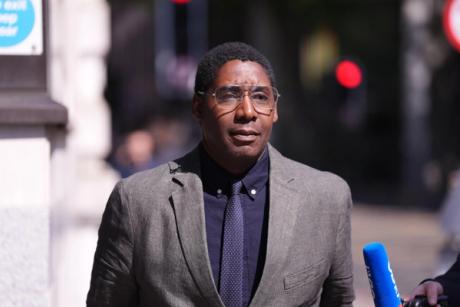
The UK Metropolitan Police service has said that the first-of-its-kind prosecution of an art dealer under section 21A of the Terrorism Act 2000 should serve as a warning to all art dealers. The statement, issued yesterday by the Counter-Terrorism Command unit, relates to the prosecution of Oghenochuko Ojiri, the owner of Ojiri Gallery in east London.
Ojiri failed to report a series of high-value art sales to a man suspected of financing Hezbollah, which has been proscribed by the UK government as a terrorist organisation since 2019. The gallerist of Brent, north London, previously pleaded guilty to eight offences under the Terrorism Act 2000 and was jailed earlier this month for two and a half years.
Commander Dominic Murphy, the head of the Counter Terrorism Command unit, said in a statement: “This prosecution, using specific Terrorism Act legislation, is the first of its kind and should act as a warning to all art dealers that we can, and will, pursue those who knowingly do business with people identified as funders of terrorist groups.”
The prosecution followed an investigation by the National Terrorist Financing Investigation Unit (NTFIU), alongside the Office of Financial Sanctions Implementation in HM Treasury, HMRC, the UK’s tax authority, and the Met’s Art and Antiques Unit. US Homeland Security was also a collaborator.
Ojiri sold works worth around £140,000 to Nazem Ahmad, a collector based in Lebanon, who is designated by US authorities as a suspected financier for Hezbollah. According to the statement from the Counter Terrorism Command Unit, officers analysed a series of Ojiri’s invoices and identified that eight purchases were completed against names that were not Ahmad’s, despite Ojiri knowing that the sale was being conducted for him and on his behalf.
Bethan David, the head of the CPS Counter Terrorism Division, said: “It is clear that Oghenochuko Ojiri was aware of new money laundering regulations in the art world and that he had knowledge of Nazem Ahmad’s background. Ojiri engaged in activity designed to conceal the identity of the true purchaser by changing the details on invoices and storing Mr Ahmad’s name under a different alias in his mobile phone.”
Ojiri was subsequently arrested on 18 April 2023 in Wrexham, the same day the UK government announced sanctions against Ahmad, who has also been sanctioned by the US government since 2019.
Officers obtained a warrant to seize 23 works belonging to Ahmad held in two UK-based warehouses. The works, including unnamed paintings by Picasso and Andy Warhol, were seized on 4 May 2023. The NTFIU obtained a forfeiture order later the same year.
The Counter Terrorism Command unit said: “The works, valued at almost £1m, are due to be sold and the funds will be reinvested back into the police, CPS [crown prosecution service] and UK Home Office.” The statement adds that the prosecution is in line with anti-money laundering regulations implemented in 2021 by the HMRC, which are applicable to “art market participants”.
Last year, the National Crime Agency issued an amber alert warning that storage facilities for works of art could be used by criminals “seeking a capital asset that can be safely stored, that appreciates in value over time, and that can be liquidated if and when required” . The agency warned of potential criminal exploitation of the sector by individuals subject to Russia sanctions.
Gavin Irwin, the lawyer representing Ojiri, said meanwhile that the art dealer’s “humiliation is complete”, and that the star of BBC shows including Bargain Hunt and Antiques Road Trip has lost “his good name”. The BBC confirmed: “Oghenochuko Ojiri is not a member of staff but a freelance presenter. He is not currently working with the BBC and has not worked on BBC programmes since 2023.”


